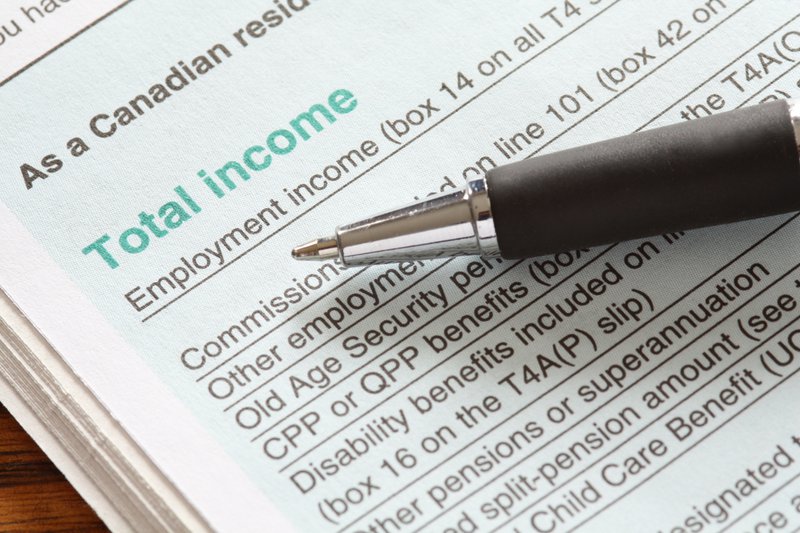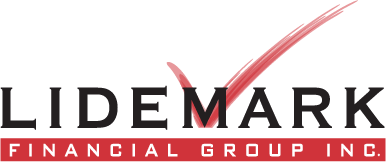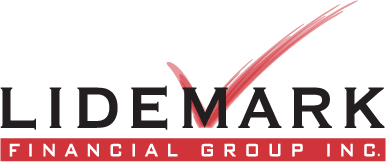
Lesley-Anne Scorgie Contributor
March 16, 2020
Do some pre-filing research so you don't miss any credits or deductions this season
Every year, the Government of Canada offers credits and deductions to Canadians to assist households in saving money on their taxes. The specific details change annually, which is why it's a best-practice to get familiar with the types of tax savings that you and your family qualify for every year.
The first thing to note is that credits and deductions are broken up into provincial and federal buckets for individuals (businesses are treated differently). For example, an apprenticeship training tax credit is available in Ontario and RRSP contributions can be deducted no matter where you live. And the Climate Action Incentive payment is provided by the Federal Government, but only available to residents of Saskatchewan, Manitoba, Ontario or Alberta.

Whether you use a tax professional to file your return, your first step should be to spend approximately 60 to 90 minutes reviewing the Government of Canada website and jot down the credits and deductions you think might apply to your situation. Common credits and deductions are for home buyers, tuition and books, caregivers, disabilities, donations and RRSPs.
Commonly overlooked tax credits and deductions
Missing a credit that you qualify for costs you money. Here's what often gets overlooked:
Medical costs not covered by your provincial health care or insurance (total eligible costs minus either $2,352 or 3 per cent of your income; whichever is the lesser amount). If you've spent money out-of-pocket for dental visits, physio, fertility treatments, orthodontics, mileage to and from treatment facilities (typically over 40 km) and more, you can claim these costs. You can also include private health insurance premiums. A detailed list of eligible medical expenses is available on the Government of Canada website. And no, cosmetic surgery cannot be claimed.
Childcare expenses. If you're a working parent (or enrolled in school), you already know that child-care costs for daycare and in-home child care are tax deductible. But, now you can include costs for overnight and day-camps.
Student loan interest. Interest on eligible student loans can be claimed (sorry, but student lines of credit don't count). And if you don't use the credit right away because your income is very low, you can carry it forward for up to five years and use it in a year when your income is higher.
Moving expenses when you've relocated for purposes of work. So long as your new residence is more than 40 kms away, and is now closer to your work, you can claim the costs to move. The time of year that you move and start your new job matters in this calculation, so you'll need to investigate the applicable conditions.
Union dues. Most union dues come off of your paycheque directly. But, if you've paid dues outside of that, they can be included in your tax filing.
Professional expenses to secure and maintain licenses. So long as your employer hasn't reimbursed you for these costs, including costs for professional insurance, you can claim them. Exam fees and continuing education courses would also count.
Certain employment expenses. Some jobs require you to work from home or buy the tools of the trade. Employers will issue a T2200 for anything that is eligible to be claimed. If you don't receive this form, chances are you don't qualify.
Be organized so you don't miss out
Get organized by collecting all relevant T-slips and receipts in a physical or digital file folder. To ensure you're not missing anything, cross-reference what you have against what got filed last year. When in-doubt, include the receipt and either your tax professional will clarify if it can be included, or you'll determine this yourself through your own research if you are DIY-ing your taxes.
If your taxes are not straightforward, you should seriously consider working with a well-regarded tax professional so that you don't miss out on getting the maximum savings from your tax return.
Copyright 2020. Toronto Star Newspapers Limited. Reproduced with permission of the copyright owner. Further reproduction or distribution is prohibited without permission. All Rights Reserved.
This article was written by Lesley-Anne Scorgie Contributor from The Toronto Star and was legally licensed by AdvisorStream through the NewsCred publisher network.


